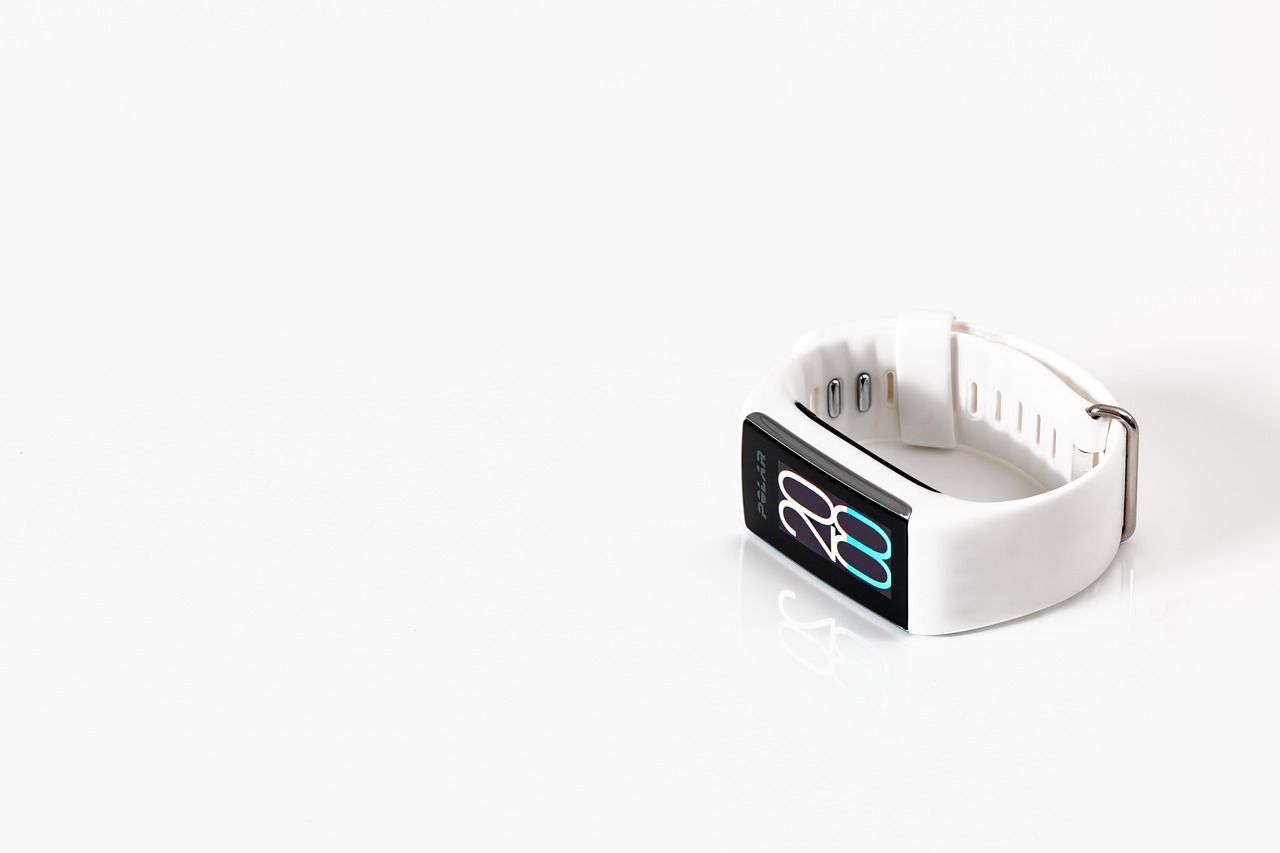Do you need a VPN? A VPN encrypts all data between your PC and the host website. It provides a level of protection against cyber criminals seeing what you type, see, and do on the internet.
Benefits
– As a VPN connection encrypts your data, your ISP or a cybercriminal cannot view your activity online.
– You can use a VPN server to get around geo-blocks (access content from other countries).
– If you have a VPN app on your phone or laptop, it is safe to use public Wi-Fi.

This week we invited Dean Williams Partner Specialist Systems Engineer from
Norton who discussed things we need to know about VPN.
– when do I need a VPN and when do i REALLY REALLY need a vpn?
– How do they work?
– Can all devices use one and how do i set it up on a typical smart phone or PC?
– what are the costs associated with it and are there any down sides to using one?
Know more about VPN from here, Do you need a VPN?

We also invited Kimberley Szeto Researcher from UniSA City West Health and Medical Clinic who discussed how wearable activity trackers accelerate hospital patient recovery.
“Hospital stays are often marked by extreme patient inactivity, which paradoxically, can exacerbate other health issues, and lead to longer hospital stays” Szeto says.
“A lack of movement during a hospital stay can trigger a cascade of negative outcomes, from functional decline and frailty to disability, and even higher mortality risks.
“Wearable activity trackers such as Fitbits are a great intervention for improving physical activity and sedentary behaviour during a hospital stay. This can also lead to improvements in clinical outcomes for patients, like physical function (which refers to the patient’s ability to perform daily activities, like balancing and walking to where they need to go).
We also invited Kimberley Szeto Researcher from UniSA City West Health and Medical Clinic who discussed how wearable activity trackers accelerate hospital patient recovery.
“Hospital stays are often marked by extreme patient inactivity, which paradoxically, can exacerbate other health issues, and lead to longer hospital stays” Szeto says.
“A lack of movement during a hospital stay can trigger a cascade of negative outcomes, from functional decline and frailty to disability, and even higher mortality risks.
“Wearable activity trackers such as Fitbits are a great intervention for improving physical activity and sedentary behaviour during a hospital stay. This can also lead to improvements in clinical outcomes for patients, like physical function (which refers to the patient’s ability to perform daily activities, like balancing and walking to where they need to go).

Here’s a copy of our weekly newsletter.